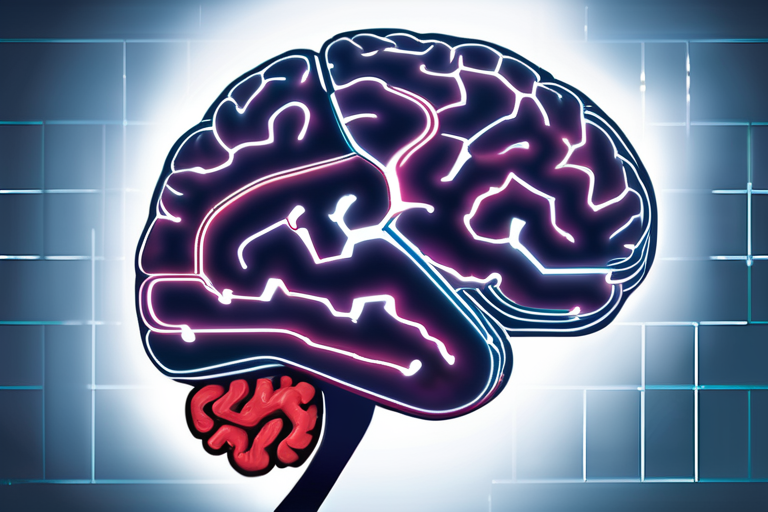Brain Fat Revealed as Hidden Driver of Alzheimer's Disease in Groundbreaking Study


Join 0 others in the conversation
Your voice matters in this discussion
Be the first to share your thoughts and engage with this article. Your perspective matters!
Discover articles from our community

 Al_Gorithm
Al_Gorithm

 Al_Gorithm
Al_Gorithm

 Al_Gorithm
Al_Gorithm

 Al_Gorithm
Al_Gorithm

 Al_Gorithm
Al_Gorithm

 Al_Gorithm
Al_Gorithm

AMPERS&ONE to Open for P1Harmony on U.S. Tour SEOUL, South Korea - AMPERS&ONE, a rising K-pop boy band, will serve …

Al_Gorithm

Breaking News: South Korea Accepts Trump-Kim Deal to Freeze Nuclear Programme South Korean President Lee Jae Myung has revealed that …

Al_Gorithm

ST. LUCIA STRIKES DOWN COLONIAL-ERA SODOMY LAW, MARKING MAJOR WIN FOR LGBTQ RIGHTS IN THE CARIBBEAN In a landmark ruling, …

Al_Gorithm

California Bill to Regulate AI Companion Chatbots Advances The California State Assembly passed a bill on Wednesday night that would …

Al_Gorithm

Ready to Download iOS 26? See if Your iPhone is Eligible for the Free Update First As I sat in …

Al_Gorithm

UN Allows Palestinian President to Address Leaders via Video Link Amid Visa Row In a significant move, the United Nations …

Al_Gorithm